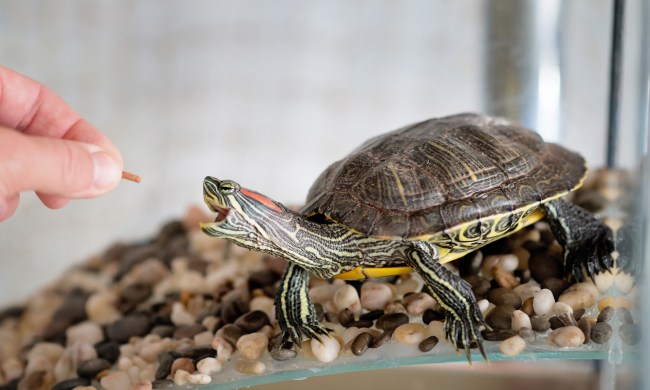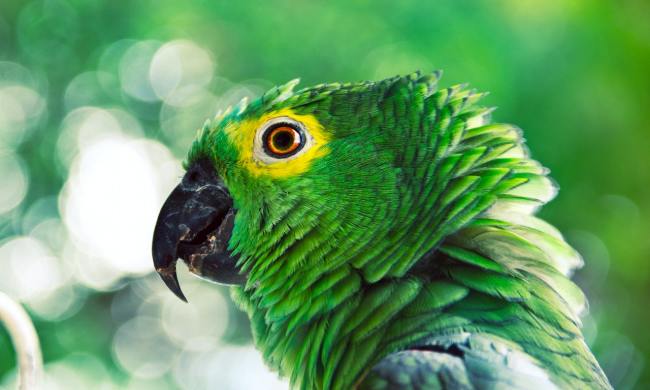
A good type of commercial product you can buy for your turtle is floating pellets. By bobbing on the top of water, the pellets make it easier for turtles to locate. Moreover, the pellets typically contain no artificial preservatives, colors, or flavors. When you’re on the lookout for more good food options for your turtle, keep these smart products in mind.
Although pet turtles will eat aquatic insects, insect larvae, snails, crustaceans, water plants, algae, and some fruit, vegetables are an ideal food source. Think shredded carrots, squash, water lettuce, and zucchini, for example. There are helpful products on the market, as well, including these healthy and nutritious options that your turtle will love.
Fluker’s Turtle Food
Best Overall

If you’re interested in one of the best turtle foods around, explore Fluker’s Turtle Food. The essentially balanced pellets include all necessary vitamins and minerals. The food product is a combination of vitamin-fortified pellets, freeze-dried river shrimp, and freeze-dried mealworms. The blend helps ensure a turtle receives the proper balance of essential proteins, fats, vitamins, and minerals.
Tetra Reptomin Floating Food Sticks
Best for Ponds

If your pet turtle lives in an aquatic pond, the Tetra Reptomin Floating Food Sticks are an ideal food source. The vitamin- and calcium-enriched floating food sticks can be fed to all water turtles, amphibians, and other aquatic reptiles. The nutritious product is manufactured to strict quality-control standards for all aquatic turtles, newts, frogs, and similar pets.
Zoo Med Natural Aquatic Turtle Food
Best Pellets

There are many pellets to choose from, but which one might be best for your turtle? The Zoo Med Natural Aquatic Turtle Food rises to the top. It’s available in three pellet sizes and protein levels (hatchling, growth, and maintenance) that are scientifically formulated to meet the dietary requirements of aquatic turtles at each stage of their lives.
Make it easy on yourself and your pet turtle by buying foods that are nutritious, simple to use, and a cinch for a turtle to find. These leading turtle foods cover all those bases, and more.


